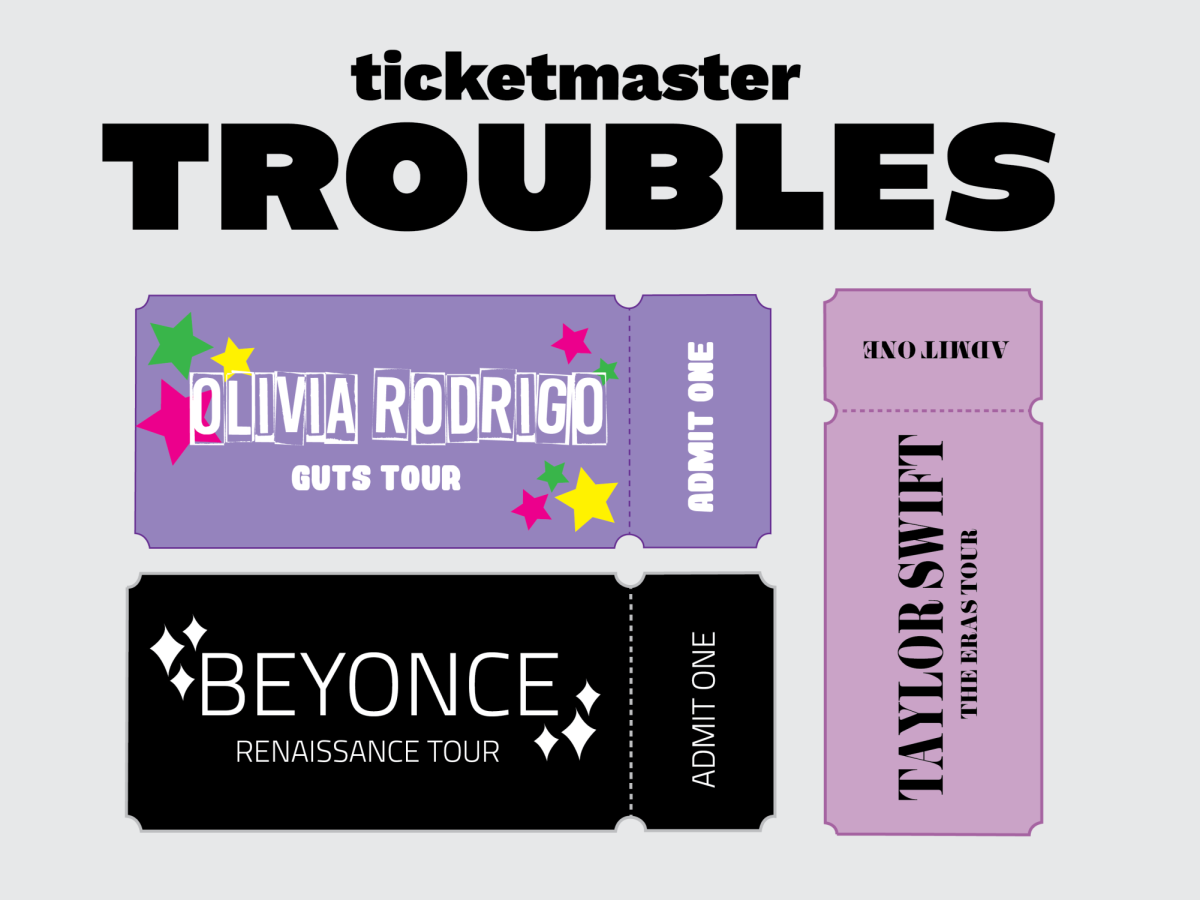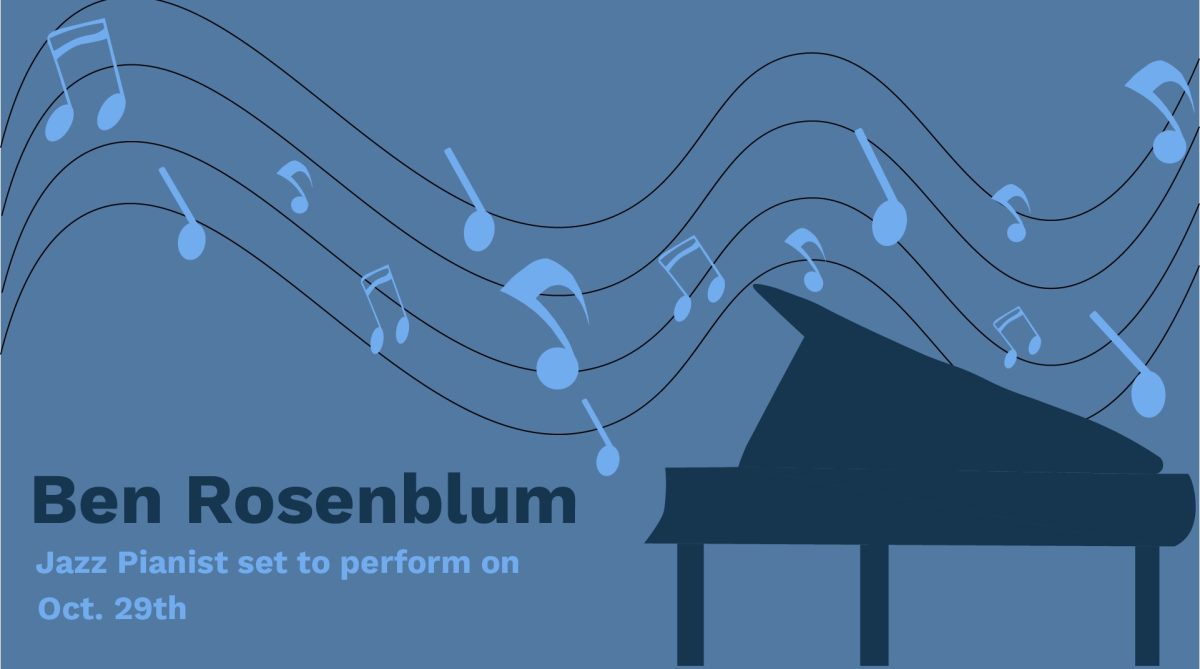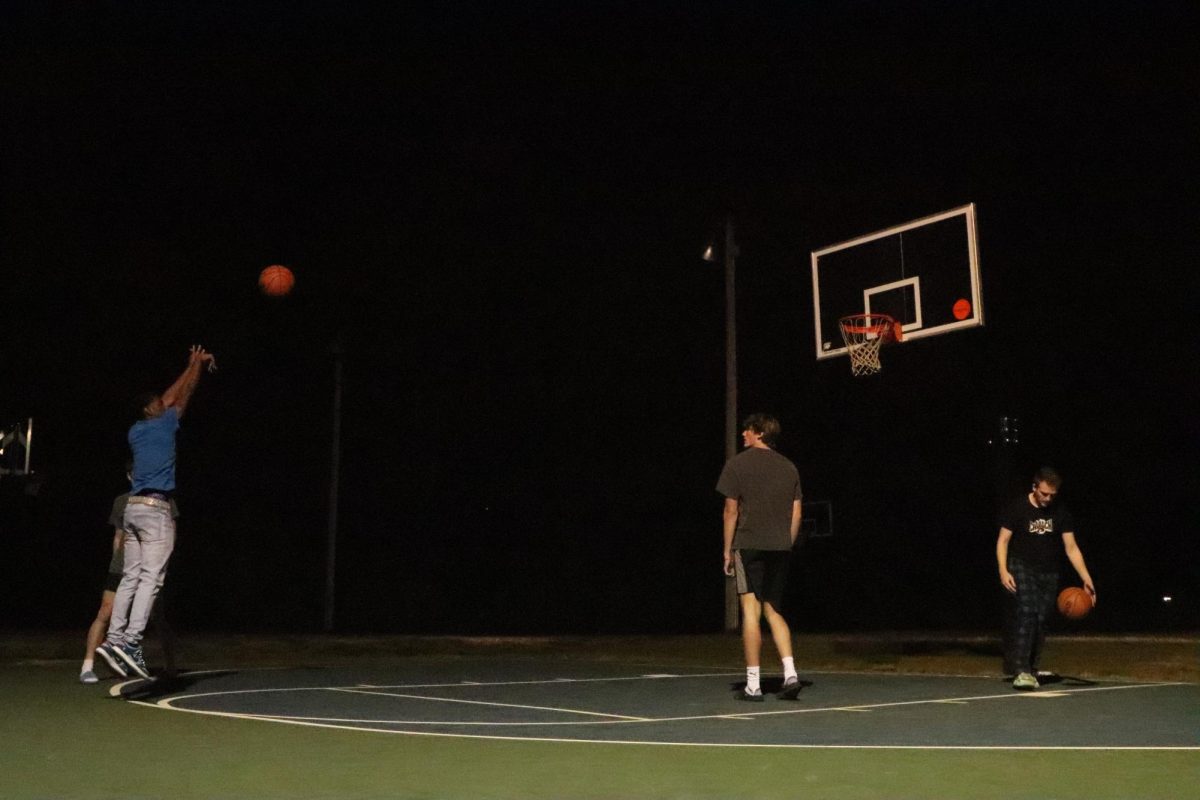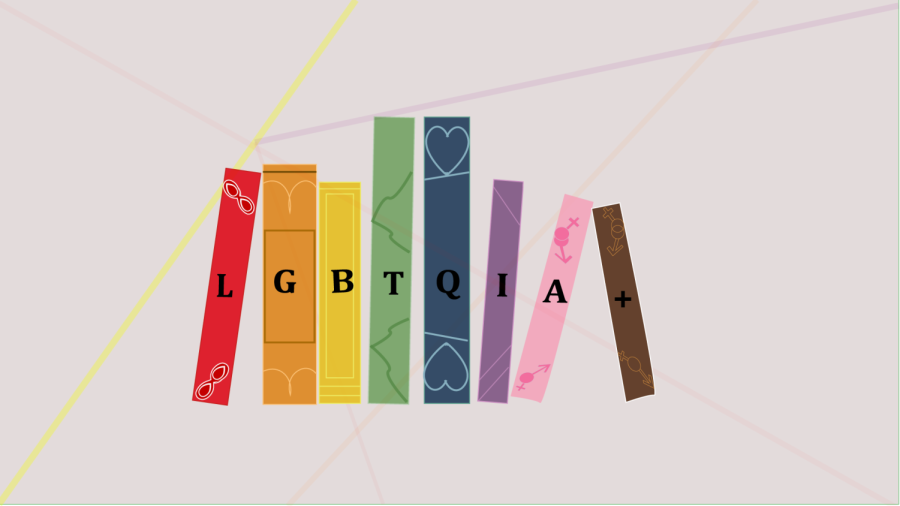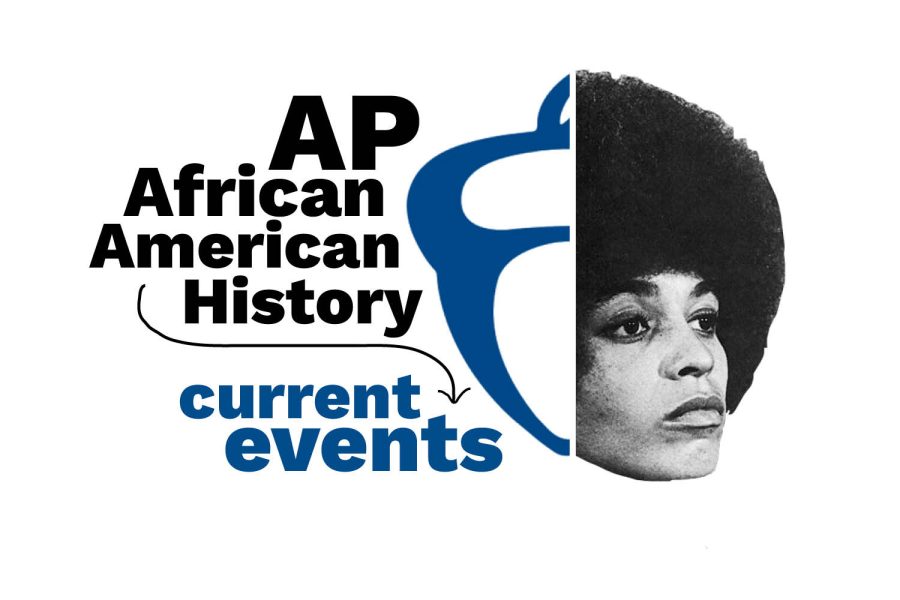It was broad daylight on a spring day in 1985, and Clark Johnson knew that he needed to do something big to get people to notice his band, Squirrel Bait. Johnson and his band members snuck up to the local record shop, Pyramid Records, with a tub of wallpaper paste and a stack of flyers promoting their upcoming show. They rounded the side of the store to the wall facing Bonnycastle, yanked out their brushes, dipped them in the white glue, and sloshed the paste onto the temporarily bare wall. Before anyone could notice them, they grabbed their flyers, lined them up, and covered their canvas. “It was a pretty nasty thing to do, but it was fun,” Johnson said.
Johnson also handed out flyers, wrote fanzines, submitted albums for review to magazines, sold CDs, and pestered his friends to get the word out about his band. Now, Pyramid Records is no longer in business, and according to Drew Guarini of the Huffington Post, “CDs are dead.” Local musicians don’t even have to leave the house to get potential fans to listen to their music—they have the Internet.
Spotify launched in the United States on July 14, 2011, and according to Victor Luckerson of Time, “Spotify has paid out $500 million in royalties to rights holders so far in 2013 and $1 billion total since 2009, about 70 percent of its total revenue.”
Yet, in 2014, the media blew up because of Taylor Swift’s withdrawal of her music from Spotify. She took her music off this platform for many reasons, but according to Time, her main motivator was the lack of appropriate compensation. She argued that her music was worth more than the royalties Spotify offered.
Big-name musicians, even when receiving hardly any royalty, still get millions and millions of plays. But local musicians do not have that extensive of a fan base or number of streams, so the money they gain from Spotify is usually much less.
“Spotify says that its average payout for a stream to labels and publishers is between $0.006 and $0.0084,” Stuart Dredge of the The Guardian wrote. “The average payment to an artist from the label portion of that is $0.001128 – this being what a signed artist receives after the label’s share.”
According to Dredge, a signed artist needs 1,117,021 streams to earn the same as a monthly minimum wage ($1,260). Unsigned artists needed at least 180,000. Using physical CDs, an unsigned artist would only have to sell about 105 units to meet monthly minimum wage.
“Bands that decide to send their music to Spotify can benefit,” said Kristin Thompson, an independent record label owner and a member of the Future of Music Coalition, a national nonprofit organization that is a supporter of musicians. “The songwriters can earn both a public performance royalty, and the performers can earn a streaming royalty. However, these payments are fractions of a penny per play, so it takes a lot of streams to really make them useful on their own.”
Louisville musician Tim Furnish has played in bands such as Cerebellum, Crain, and Parlour for about 26 years. Furnish received an email from Jeremy Devine, the owner of Parlour’s label, Temporary Residence, explaining why the label plans to withdraw their associated bands’ music from Spotify.
The email stated that “[Temporary Residence] feels very strongly that on-demand streaming services are not a financially tenable method for the longevity of the label or any of our artists. This decision comes after a year of considerable thought and consideration with all variables considering sales, marketing and promotion. Massive numbers of streams are not translating to higher concert ticket sales, not translating to higher record sales, and not translating to any licenses for TV and film.”
Furnish was also told that it took 157 streams to equal the same amount of money earned by one track sale on iTunes.
He remembers what it was like to be a musician before the Internet; he was in his first band at 17, playing the synthesizer. His first major band, Cerebellum, would do anything to publicize themselves, just like Squirrel Bait. He specifically remembered sending many tapes out to record labels. “You would send recorded demos or tapes to a label, and you would hope that they would find the time to listen to it. But, the reality is that they had mountains and mountains of submissions, and it’s pretty much a joke; no one ever listens to that stuff,” Furnish said.
Furnish never really saw the effects of Spotify on his band. In only one incident did his band actually come up in conversation through Spotify.
“I was talking to a guy at work, who doesn’t know me at all, and he was asking me what I did, and I said that I played in a band called Parlour.”
The man immediately perked up and asked Furnish if his band had a cover with bees on it. Furnish replied yes, and the man exclaimed, “Holy s—, I like them!”
“So I was like, wow, there’s one of the benefits; as far as getting my music out there and having strangers unknowing of [my band] come across us, and it feels good that at least there’s that kind of connection being made. . . . In one way, I like the fact that people can be exposed to new music, but it’s not a way to make a living,” Furnish said.
Catherine Irwin, a solo artist and member of Freakwater, has never had anyone come up to her or know her music because of Spotify. She doesn’t remember selling CDs and merchandise fondly: “We sold stuff cheap, because, well, people felt sorry for us,” she said.
Now, with her music online, she receives statements every six months from iTunes, radio airplay, and Spotify. “I don’t know how I feel about Spotify. It’s hard to know what to do because no one really wants to buy a CD anymore. . . so you have to do something. You don’t really get that much money per play, not nearly as much as you would get from radio. The amounts of money are not comparable. But, that’s just how it is, so you have to sell a lot of tote bags basically,” Irwin said.
However, some musicians, like William Baumler of Twenty-First Century Fox, believe that Spotify is neither a good nor bad thing, and is somewhat irrelevant to local musicians. “I don’t think that Spotify and Pandora have much effect on local musicians less famous than My Morning Jacket or Bonnie ‘Prince’ Billy. Most local bands make the majority of their music sales in person, at shows,” Baumler said.
ABC News’ Peter Kafka supports Baumler’s statement: “The concert business has never been bigger, in dissonant contrast to the recorded-music business. While music sales have dropped for three years in a row, from $13 billion to $11.5 billion in 2002 . . . the tour business has climbed for four years straight, from $1.3 billion in 1998 to $2.1 billion last year. Thus musicians increasingly rely on road shows for their income.”
Baumler also thinks that Spotify is a fleeting craze and will soon leave for good. “As technology progresses, the flow of information becomes harder to control, and intellectual property becomes harder to commodify,” Baumler said. “In other words, I think that services like Spotify will struggle to remain profitable and will either make less money or be replaced by services that provide the same functions at lower cost.”
But no one know how streaming services will evolve next, or even if they could go away entirely.
“[The music industry] has changed completely, in every way. Social media is one thing, but in the past, there was also no digital music, no Internet,” Johnson said. “So today, people largely buy songs, not albums, which are totally different. I think the Internet has changed music entirely, in terms of how it’s promoted, how it’s purchased, and how easy it is to connect with people.” Instead of covering a wall in Squirrel Bait flyers, all Johnson would have to do to spread the word about his band would be pressing the “post” button.
Johnson recalls saving up money for weeks to ride his bike to the record store and buying a record at random, but now he can summon any music he desires at the tips of his fingers.
With streaming services on the rise, local musicians struggle to stay relevant
Words by Olivia Millar
September 12, 2016
Leave a Comment
Donate to On the Record
$935
$1500
Contributed
Our Goal
Donations are collected through The Publishers, duPont Manual High School's booster club for J&C. On The Record relies completely on sponsorships, advertisements, and donations to produce and distribute each issue. Please consider donating to our cause, and helping the student journalists of OTR amplify youth voices for years to come.


